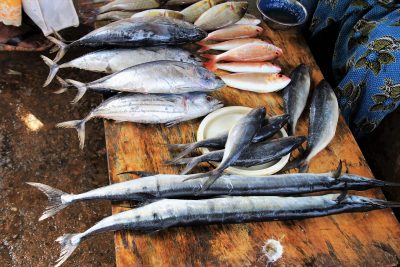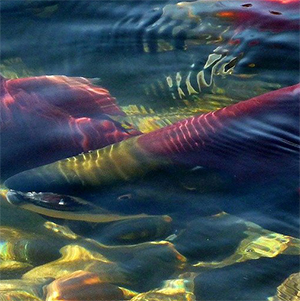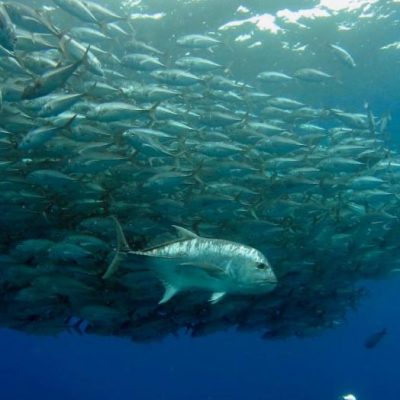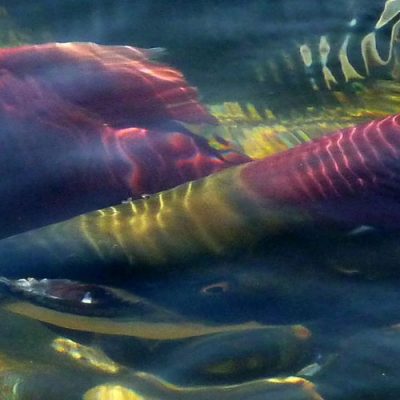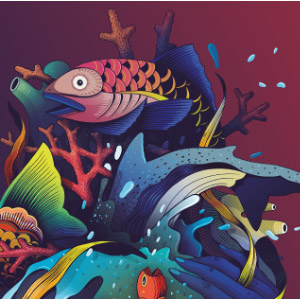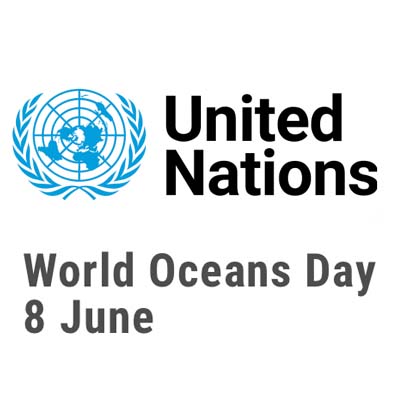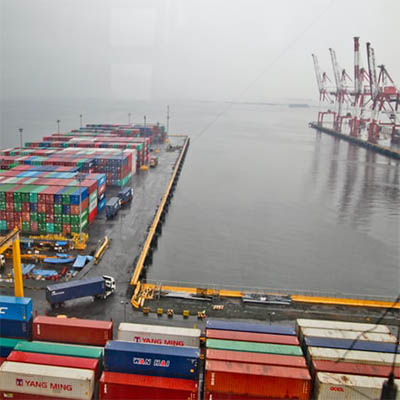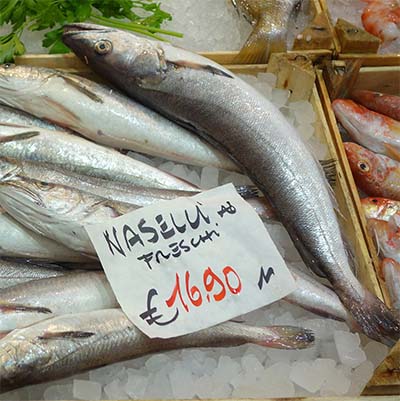European fisheries under threat, climate change may impact on future catch
Without rapid adaptation or aggressive mitigation tactics, climate change is projected to induce profound negative consequences on future fisheries production in Europe.
Op-ed: To Prove its Climate and Biodiversity Ambitions the EU Must Protect the Ocean’s Carbon Engineers
An op-ed article by Drs. William Cheung and Rashid Sumaila regarding the UN Convention on Biological Diversity, or COP15, that is currently taking place opened in Montreal.
Kx Spotlight – Collaboration, the key to fighting climate change
With partnerships spanning across disciplines, sectors and borders, and with academics and non-academics (including Indigenous communities, NGOs, policy makers, businesses and media) collaboration is at the centre of their work.
The DNA of salmon heritage
Two UBC researchers are exploring the problem of dwindling salmon runs from opposite ends of the knowledge continuum—cutting edge genomics, and empirical evidence gathered over millennia by the Indigenous Peoples of the coast.
Global fish stocks can’t rebuild if nothing done to halt climate change and overfishing, new study suggests
“We are at a turning point. What we need is a coordinated global effort to develop practical and equitable marine conservation measures to support effective biomass rebuilding under climate change,” said Dr. William Cheung
BC is facing a steep decline in sockeye salmon
The sockeye population has been in decline for a century – since 1913, returns in the Skeena River have dropped by 75% – and while there are many factors at play, says Dr. William Cheung, “climate change is definitely one of them.”
IOF professors head to United Nations Ocean Conference
Dr. William Cheung & Dr. Rashid Sumaila are off to Portugal for the United Nations Ocean Conference (UNOC), being held June 27 to July 1. Will participate in special side event: Fisheries Management as Climate Action, on June 26.
World Oceans Week 2022 – Dr. Nicola Smith
Dr. Nicola Smith is bringing together knowledge creators from diverse groups across Canada to uncover the true scale of greenhouse gas emissions created by Canada’s ocean industries, and ways to best offset these emissions.
New study reveals extent of labor abuse and illegal fishing risks among fishing fleets
A new modeling approach combines machine learning and human insights to map the regions and ports most at risk for illicit practices, like forced labor or illegal catch, and identifies opportunities for mitigating such risks.
Europe’s most valuable marine species “reduced to a fraction” of their current population size by 2100
Over one quarter of Europe’s 20 most highly-fished marine species will be under extreme pressure by 2100 if nothing is done to simultaneously halt climate change, overfishing, and mercury pollution
